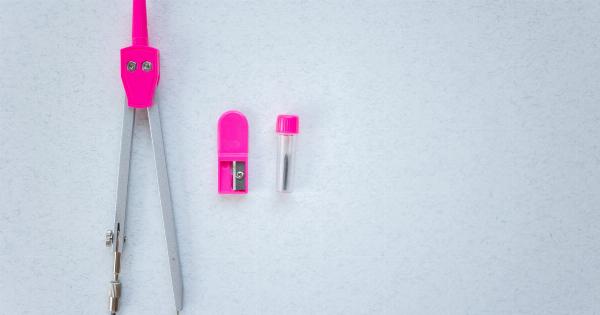Chronic headaches can be a debilitating condition that greatly affects the quality of life of those who suffer from it.
Medications may provide temporary relief, but they come with a range of unpleasant side effects and are not always effective in the long run. Therefore, many people are turning to alternative treatments, such as acupuncture, to find relief.
What is Acupuncture?
Acupuncture is an ancient Chinese practice that involves the insertion of thin, sterile needles into specific points on the body.
The goal is to stimulate the body’s natural healing process, reduce pain and inflammation, and restore balance to the body’s energy pathways.
Acupuncture has been used for thousands of years to treat a wide range of conditions, including chronic headaches. The practice is based on the belief that energy, or Qi, flows through the body along specific pathways called meridians.
When this flow is disrupted or blocked, it can result in pain, illness, or other physical symptoms.
How Does Acupuncture Work?
During an acupuncture session, the practitioner will insert fine needles into specific points along the meridians that correspond with the patient’s symptoms.
The needles are left in place for a period of around 20-30 minutes, during which time the patient may experience a range of sensations, such as tingling, warmth, or pressure. These sensations are generally not painful and are a sign that the treatment is working.
There are various theories as to how acupuncture works, but most scientists believe that the needles stimulate the nervous system, which then releases natural painkillers, such as endorphins.
Acupuncture also stimulates blood flow and promotes relaxation, both of which can help to reduce tension and relieve pain.
Does Acupuncture Work for Chronic Headaches?
There is growing evidence to suggest that acupuncture can be an effective treatment for chronic headaches.
According to a study published in the Journal of the American Medical Association, acupuncture was found to be as effective as medication in reducing the frequency and severity of chronic headaches in patients who had not responded to conventional treatments.
Another study, published in the British Medical Journal, found that acupuncture was more effective than prophylactic drug treatment in reducing the frequency of migraines.
Acupuncture has also been found to be effective in treating tension headaches, which are the most common type of headache.
A review of 22 studies found that acupuncture was more effective than muscle relaxants and other medications in treating tension headaches.
What Should I Expect During an Acupuncture Treatment?
Before your first acupuncture session, the practitioner will discuss your medical history, symptoms, and any medications you are taking.
They will then perform an examination, which may involve checking your pulse, examining your tongue, and feeling for any tender points or areas of tension.
During the treatment, you will lie down on a comfortable treatment table, and the practitioner will insert the needles into the appropriate acupuncture points.
They may manipulate the needles or apply heat or electrical stimulation to enhance the treatment’s effectiveness.
You may experience a range of sensations during the treatment, such as tingling, warmth, or pressure. These are normal and usually not painful. Most people find acupuncture to be a relaxing and enjoyable experience.
How Many Acupuncture Sessions Will I Need?
The number of acupuncture sessions you will need depends on your condition, symptoms, and overall health. Most people require a series of treatments to achieve maximum benefit.
Acupuncture treatments are generally scheduled once or twice a week, and each session lasts around 30-60 minutes. You may notice some improvement after the first few sessions, but it is essential to continue with the treatment as prescribed.
Is Acupuncture Safe?
Acupuncture is a safe and generally well-tolerated treatment when performed by a qualified practitioner. The needles used are sterile, and the practitioner will follow strict hygiene protocols to minimize the risk of infection.
Some people may experience mild side effects after acupuncture treatment, such as dizziness, fatigue, or soreness at the site of needle insertion. These symptoms are normal and usually resolve within a few hours or days.
Conclusion
If you suffer from chronic headaches and are looking for an alternative to medications, acupuncture may be worth considering. Acupuncture has been found to be effective in treating migraines, tension headaches, and other types of chronic headaches.
It is a safe and relatively non-invasive treatment with few side effects.
However, it is essential to seek out a qualified and experienced practitioner who can provide individualized treatment and follow-up care. Always discuss any concerns or questions you have with your practitioner before beginning treatment.


























